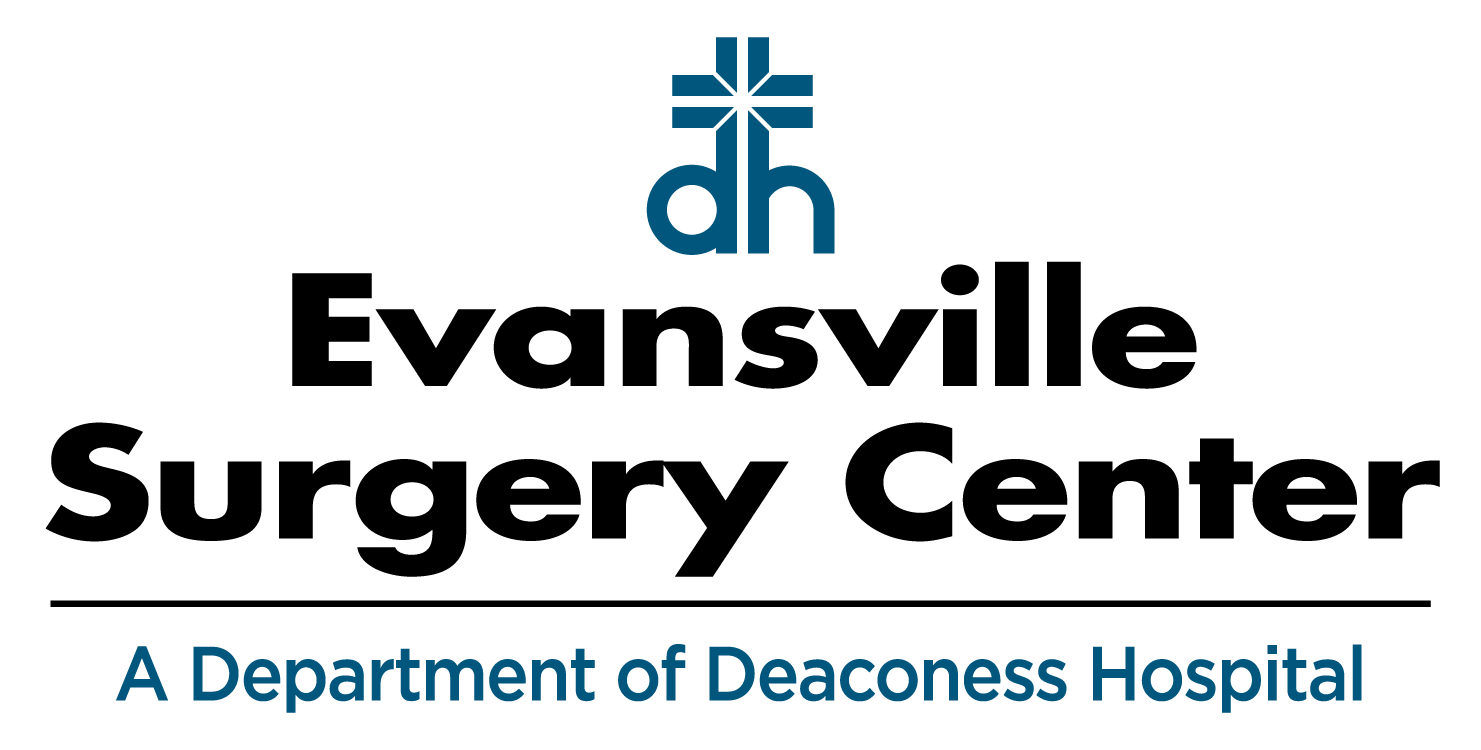Follow Us x
Advanced Directives
Federal Law
 The 1990 Patient Self-Determination Act is a federal law that says patients must be informed of their rights under state law to make decisions about their medical care, including the right to accept or refuse medical or surgical treatment and the right to have an advance directive. The advance directive document is a way for you to communicate what kinds of medical care and treatment you do or do not want if you become unable to make these decisions for yourself.
The 1990 Patient Self-Determination Act is a federal law that says patients must be informed of their rights under state law to make decisions about their medical care, including the right to accept or refuse medical or surgical treatment and the right to have an advance directive. The advance directive document is a way for you to communicate what kinds of medical care and treatment you do or do not want if you become unable to make these decisions for yourself.
Indiana Law
According to Indiana law, “competent adults have the right to control the decisions relating to their own medical care, including the decision to have medical or surgical means or procedures intended to prolong their lives provided, withheld or withdrawn.” Under Indiana law, a written advance directive can communicate a competent person’s wishes regarding health care, including life-prolonging treatment. The directive can designate a person who will have the role of making difficult health care decisions for you, if you become unable to state your wishes. A formal advance directive can be in the form of a living will, a life-prolonging procedures declaration, an appointment of a health care representative, or an appointment of a power-of-attorney for health care (Indiana Code IC 16-8-11). You have a right to make an advance directive if you want to, but you are not required to do so.
Living Will
A living will is an advance directive that allows you to specify or limit the kinds of life-prolonging procedures you wish to receive if you become terminally ill and unable to make medical decisions. It is a voluntarily executed document put into writing and signed by the person making the declaration (or his/her representative if the patient is unable to sign) and signed in the presence of at least two witnesses.
Life-Prolonging Procedures Declaration
A life-prolonging procedures declaration document is an advance directive that allows you to specify your wish to receive life-prolonging procedures that would extend life if you become terminally ill and unable to make medical decisions. This declaration must be signed and dated and witnessed by two people who are at least 18 years old and who know you well but are not related to you. These witnesses should not be your potential heirs or your health care providers, and they should not hold direct financial responsibility for your health care.
Health Care Representative
A health care representative document is an advance directive that allows you to name someone else to make your health care decisions for you should you become unable to make health care decisions. You should tell this person of your wishes about refusing or stopping care, as well as matters of more routine care. This type of advance directive can relate to any medical situation, not just terminal illness.
Power of Attorney for Health Care
A power-of-attorney for health care document is another advance directive that allows you to name someone else to make your health care decisions for you if you become unable to make your own health care decisions. Instructions about treatment preferred or treatment to be avoided can also be included. This type of advance directive relates to any medical situation, not just terminal illness.
Advance Directive Policies at the Evansville Surgery Center
According to Indiana State Code (IC 16-36-4-8 and IC16-36-5-19), health care providers may decline to implement elements of an advance directive. The Evansville Surgery Center will always attempt to resuscitate a patient and transfer the patient to an acute care hospital in the event of deterioration. All adult patients are asked if they have an advance directive, which is placed in their medical record. In the event of a hospital transfer, a copy of the advance directive will be provide to the hospital.
For More Information
Additional information, including sample advance directive forms, can be found online at the following website:
